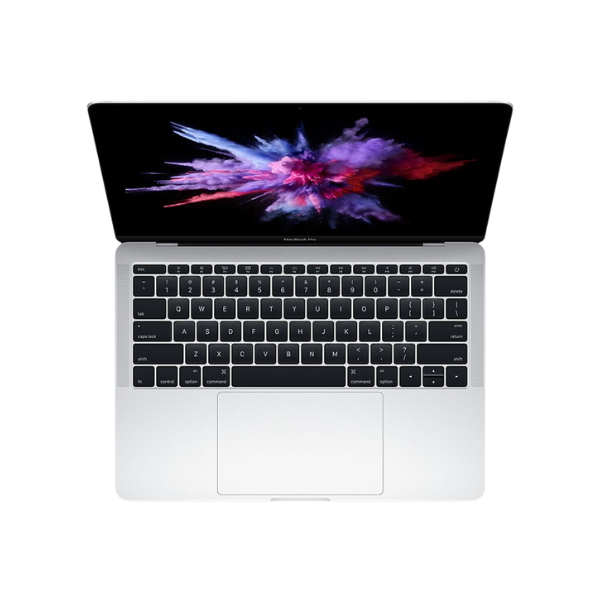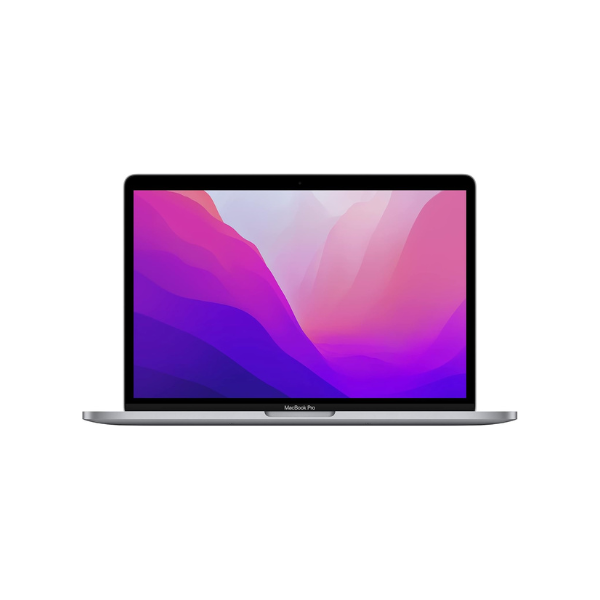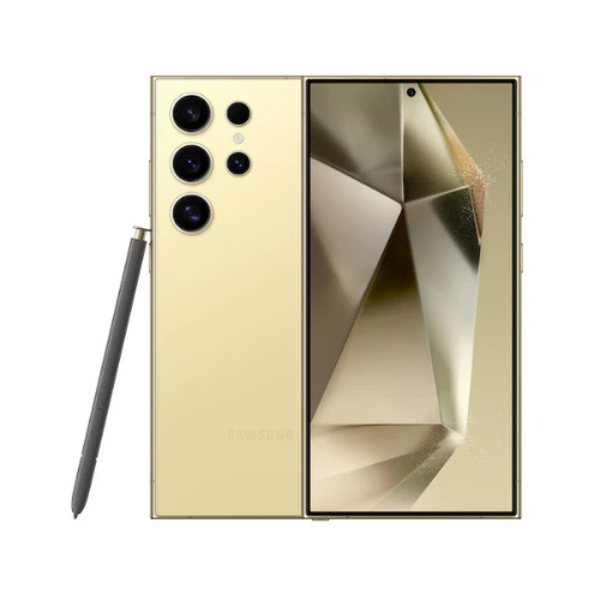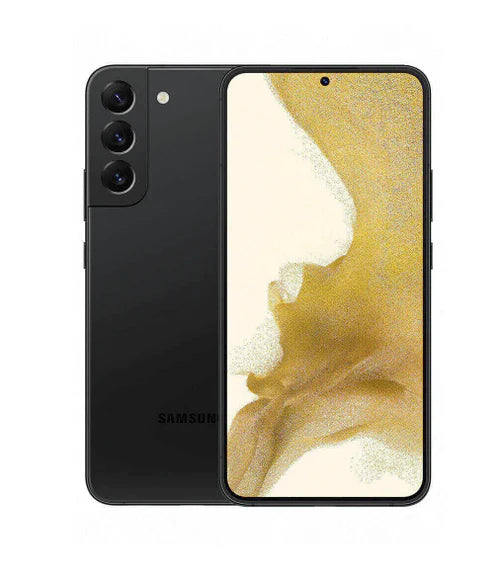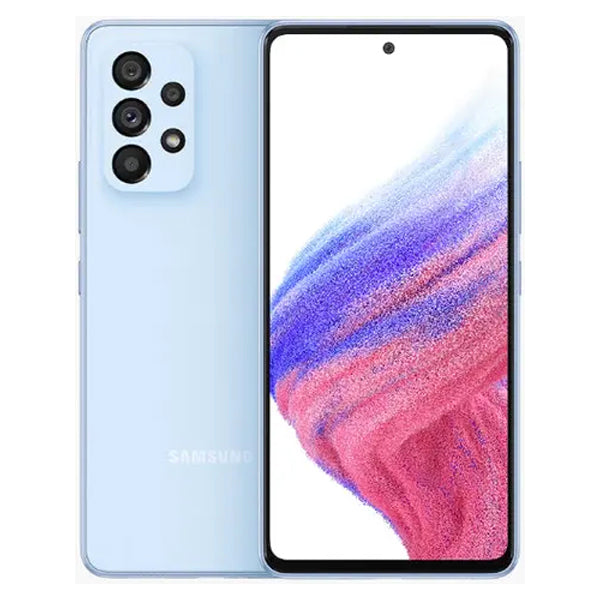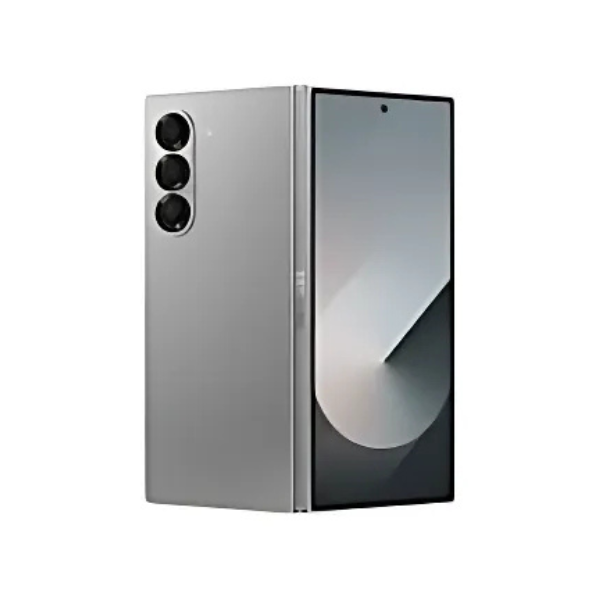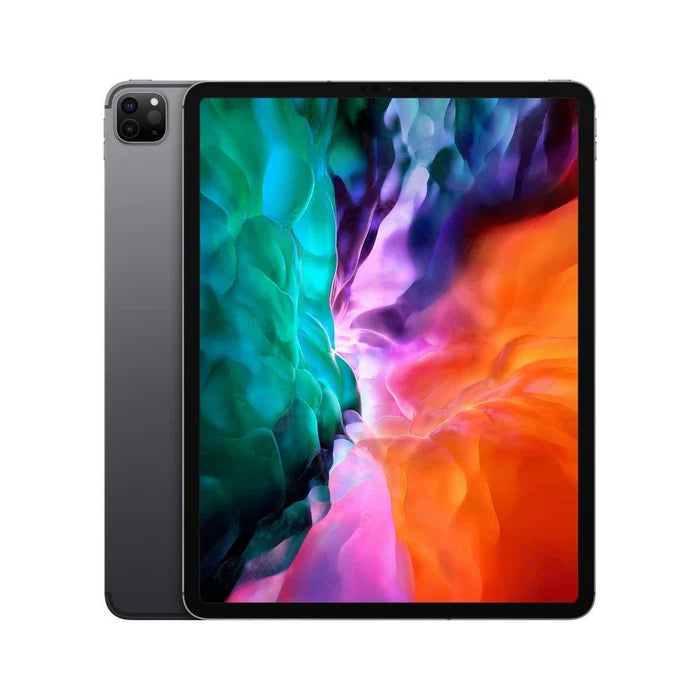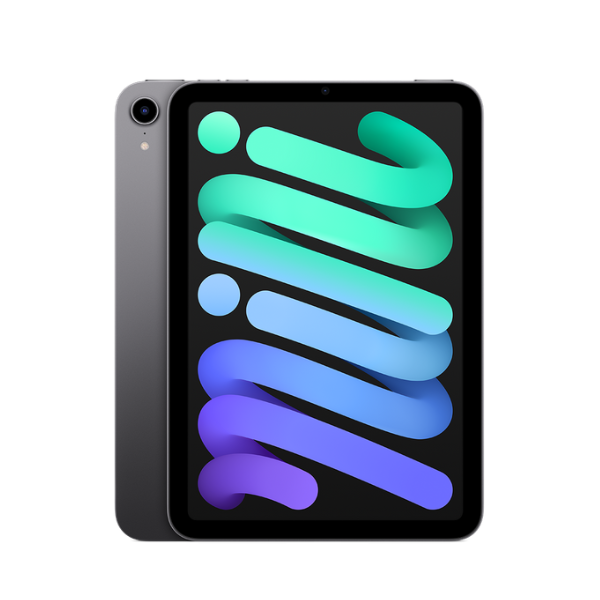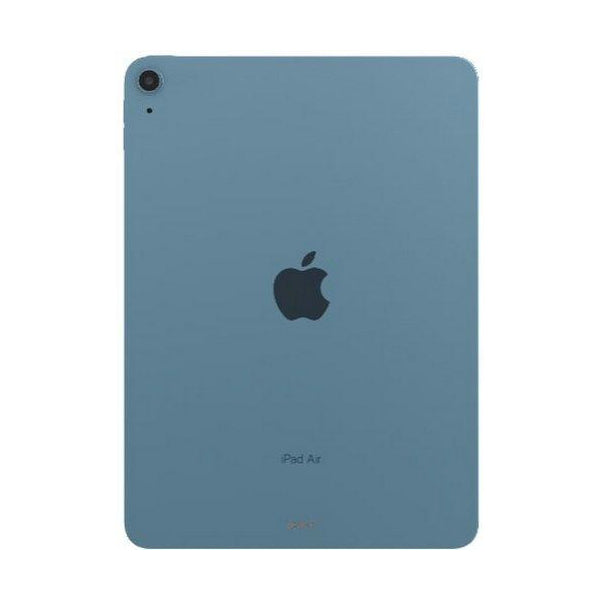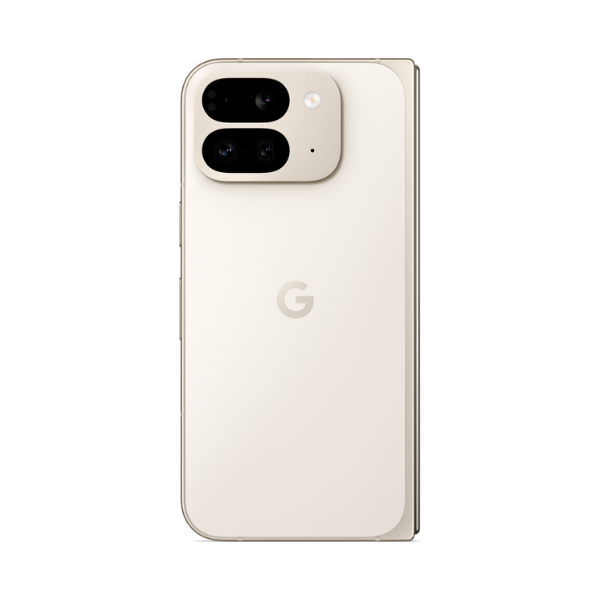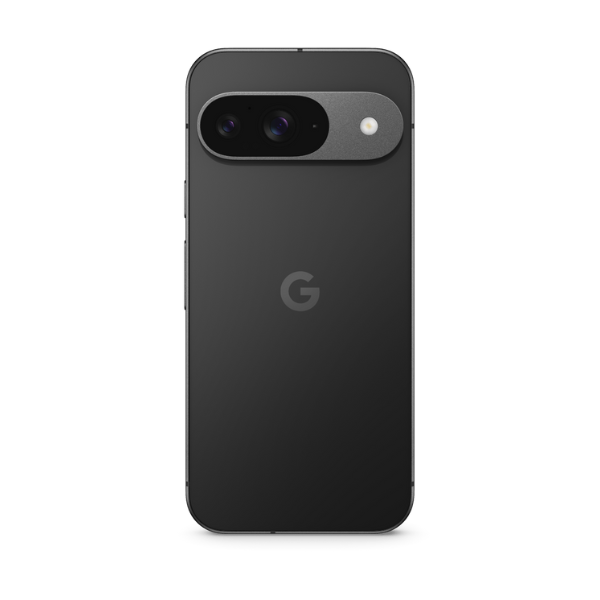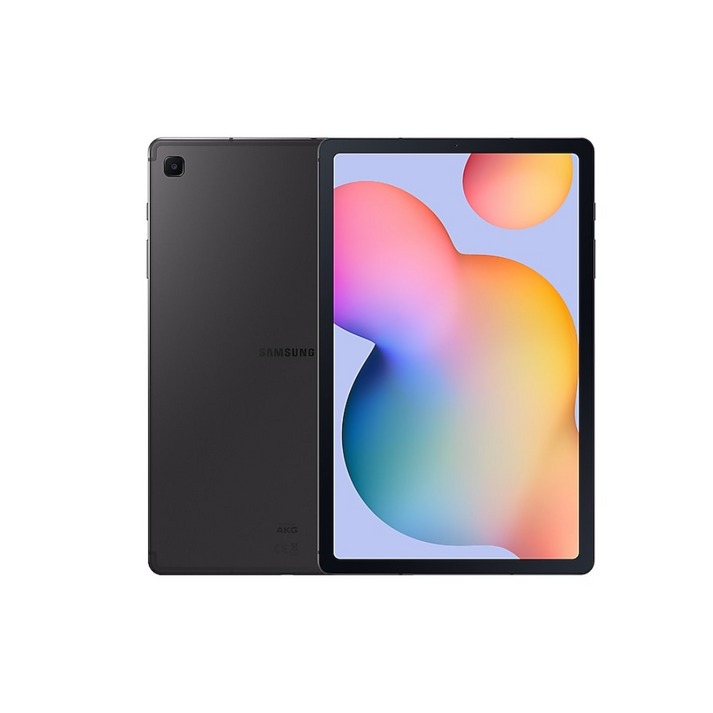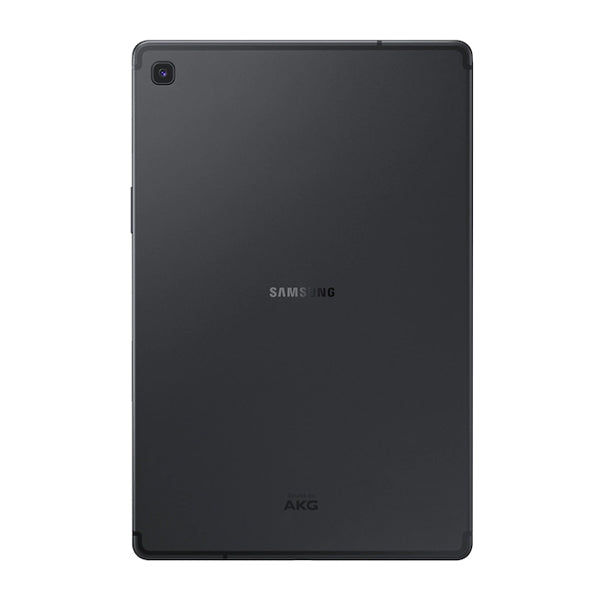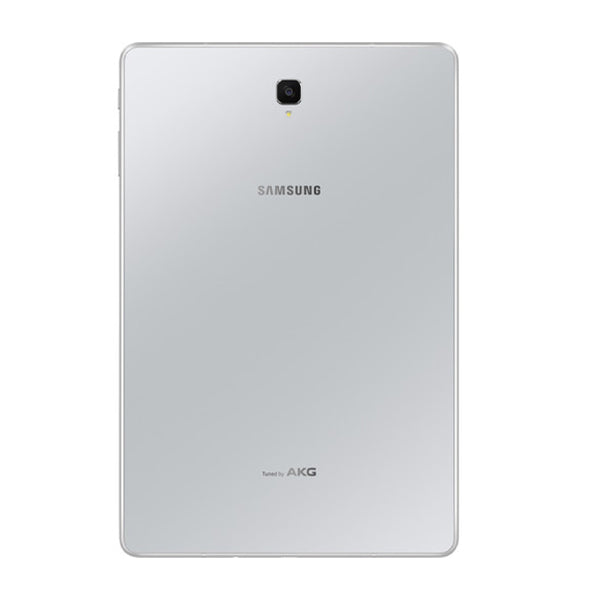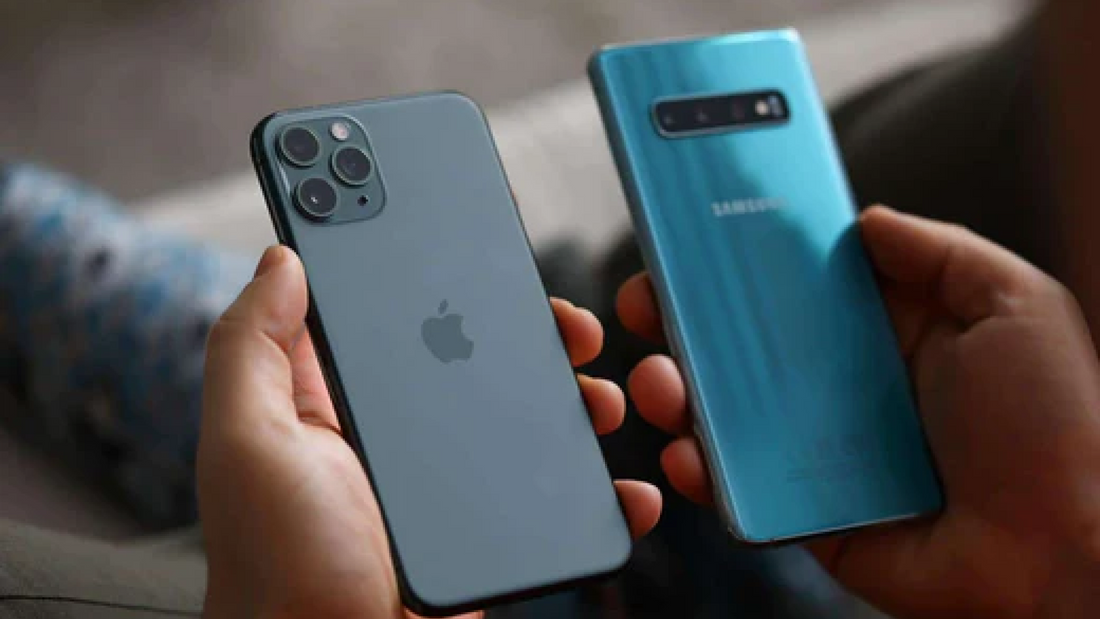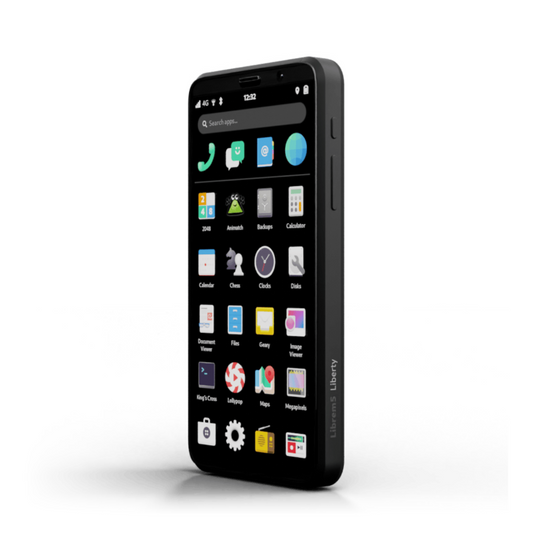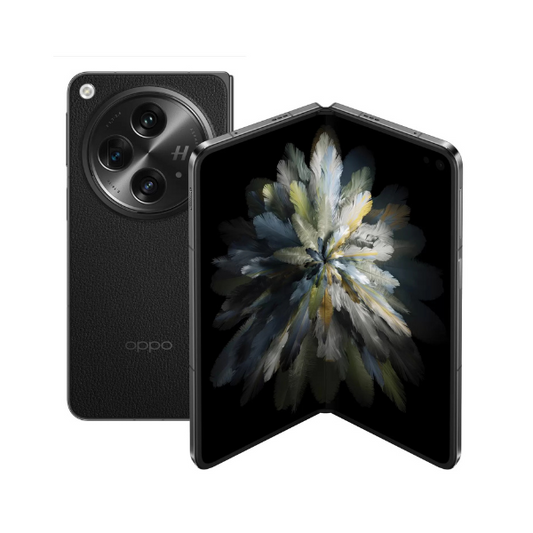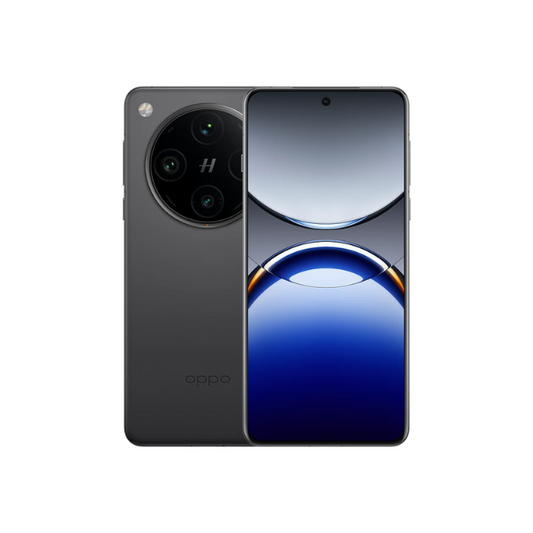In the world of smartphones, two brands have consistently dominated the market: Apple and Android. As technology continues to advance at an incredible pace, choosing between an iPhone and an Android device can be a daunting task. Both options offer unique features, designs, and capabilities that cater to different preferences and needs. This guide aims to help you make an informed decision by comparing the essential aspects of iPhone and Android smartphones, from their operating systems to their design and build quality, performance, camera capabilities, and more.
Whether you're looking for a high-quality refurbished iPhone, a top-of-the-line Samsung device, or a budget-friendly Google Pixel, understanding the key differences between these options will help you pick the perfect smartphone for your needs. So, let's dive into the world of iPhone and Android to help you make an educated choice.
The Operating System: iOS vs. Android
One of the most significant differences between iPhones and Android devices lies in their operating systems. Apple devices run on iOS, a closed and controlled system developed exclusively for Apple products. In contrast, Android is an open-source operating system developed by Google and used by a wide range of smartphone manufacturers, including Samsung, Google Pixel, and many others.
iOS:
Apple's operating system is known for its simplicity, user-friendly interface, and seamless integration with other Apple products and services. With regular updates, Apple ensures that its devices remain secure and up-to-date with the latest features. However, iOS offers limited customization options compared to Android, as Apple maintains strict control over its ecosystem.
Android:
The open-source nature of Android allows for a high degree of customization and flexibility. Users can tailor their devices to suit their preferences, from changing app icons and widgets to installing custom ROMs. While Android's versatility is a significant advantage for some users, it can also result in a less consistent and less polished user experience across different devices. Moreover, the availability and timeliness of software updates can vary greatly depending on the manufacturer.
Performance and Speed: iPhone vs. Android Devices
When it comes to performance and speed, both iPhone and Android devices offer a wide range of options, from budget-friendly models to high-end flagships. However, there are some notable differences in how the two platforms deliver their performance.
iPhone:
Apple is known for its powerful and efficient custom-designed chips, such as the A-series processors used in iPhones. These chips are specifically optimized for iOS, resulting in smooth performance and fast response times. Apple's vertical integration, where both hardware and software are developed in-house, allows for better optimization and seamless integration, which often results in a more fluid user experience.
Android Devices:
Android smartphones come in various configurations and performance levels, as many manufacturers produce devices running on Android. High-end Android smartphones, such as the Samsung Galaxy series or Google Pixel devices, can deliver impressive performance comparable to iPhones. However, the vast diversity in Android hardware can lead to inconsistent performance across different devices, especially in the budget and mid-range segments.
Camera Capabilities: Which Smartphone Takes Better Photos?
Camera quality has become a critical factor for many people when choosing a new smartphone. Both iPhone and Android devices have made significant advancements in camera technology, offering impressive photo-taking capabilities. Let's compare the camera features of iPhone and Android devices to determine which one takes better photos.
iPhone:
Apple has consistently been at the forefront of mobile photography with its iPhones, offering excellent camera performance across its lineup. The iPhone cameras are known for their natural color reproduction, accurate autofocus, and superior low-light performance. The recent iPhone models, such as the iPhone 13 Pro and iPhone 14 Pro, boast advanced features like ProRAW, ProRes video recording, and improved night mode capabilities, further enhancing the iPhone's camera prowess.
Android Devices:
Android smartphones also offer a wide range of camera capabilities, with some models rivaling or even surpassing the iPhone in certain aspects. High-end Android devices, like the Samsung Galaxy S series, Google Pixel lineup, and other flagship smartphones, offer top-tier camera performance with features such as high-resolution sensors, advanced computational photography, and versatile lens setups. However, similar to performance, the camera quality on Android devices can vary significantly across different manufacturers and models.
Security and Privacy: How iPhone and Android Compare
Security and privacy have become increasingly important concerns for smartphone users, as these devices store a wealth of personal information and are used for various sensitive tasks. Both iPhone and Android devices have their own security features and privacy measures, but they differ in terms of implementation and overall effectiveness. Let's compare the security and privacy aspects of iPhone and Android devices.
iPhone:
Apple has a strong reputation for prioritizing security and privacy in its devices. The iOS operating system is built with a closed-source, sandboxed approach, which limits the access that apps have to the device's core system and other apps. This design helps to protect user data from potential threats and minimize the risk of malware infections.
Furthermore, Apple uses end-to-end encryption for its services such as iMessage and FaceTime, ensuring that only the sender and receiver can access the content of their communications. The company also has strict privacy policies in place and provides regular software updates, which include security patches and improvements, to keep its devices secure.
Android:
Android devices, on the other hand, rely on an open-source operating system, which allows for greater customization but also introduces potential security risks. Although Google has implemented various security features such as Google Play Protect and monthly security updates, the fragmented nature of the Android ecosystem means that not all devices receive these updates promptly or consistently.
Moreover, the Android app ecosystem is more open compared to Apple's, which can increase the risk of downloading malicious apps from third-party app stores or even Google Play Store. While Google does scan apps for malware and security risks, some malicious apps still manage to slip through the cracks.
Price Range: Comparing Costs of Refurbished iPhones and Android Devices
When considering the purchase of a smartphone, the cost is often a significant factor for many consumers. Refurbished iPhones and Android devices offer a more budget-friendly alternative to brand-new models, while still providing excellent quality and performance. Let's compare the price ranges of refurbished iPhones and Android devices to help you make an informed decision.
Refurbished iPhones:
Apple devices are known for their premium build quality and cutting-edge features, but these qualities come with a higher price tag. Refurbished iPhones typically have a narrower price range compared to Android devices, with prices depending on the model, storage capacity, and overall condition of the device. For instance, you can find an iPhone 12 Pro 128GB, iPhone 13 Pro, or even an iPhone 14 Pro at various price points, depending on their condition and the seller. Keep in mind that the latest models will still command a premium, even in the refurbished market.
Refurbished Android Devices:
The Android ecosystem is vast, encompassing a wide variety of manufacturers and models. This diversity allows for a broader price range, catering to different budgets and preferences. Refurbished Samsung phones, for example, can range from budget-friendly models like the Galaxy A series to high-end devices such as the Galaxy Note 20, Note 20 Ultra 5G, or the Galaxy Z Fold and Z Flip series. Other popular Android brands, such as Google Pixel, also offer a range of price points. You can find devices like Google Pixel 6, Pixel 6 Pro, Pixel 5, Pixel 7, and Pixel 7 Pro at varying prices in the refurbished market.
When comparing the costs of refurbished iPhones and Android devices, Android generally offers a wider price range, catering to various budgets and preferences. However, both options can provide substantial savings compared to purchasing a brand-new device. When shopping for a refurbished phone, it's essential to choose a reputable seller, such as Roobotech, to ensure you're getting a high-quality device that has been thoroughly tested and restored to excellent condition.
The Ecosystem: Apple's Seamless Integration vs. Android's Versatility
When choosing between iPhone and Android, the ecosystem each platform offers plays a significant role in the overall user experience. Both ecosystems have their unique advantages, with Apple providing a seamless integration across its devices, while Android offers versatility and customization options. Let's explore the differences between these two ecosystems to help you decide which one suits your needs and preferences best.
Apple's Seamless Integration:
Apple's ecosystem is built on the premise of seamless integration, which means that all Apple devices, including iPhones, iPads, Macs, and Apple Watches, work together effortlessly. With features like Continuity, Handoff, and iCloud, users can easily sync their data, share files, and switch between devices without any hassle. Apple's ecosystem also includes its range of services, such as Apple Music, Apple TV+, and Apple Arcade, which are designed to work exclusively with Apple devices. This seamless integration allows for a consistent and user-friendly experience, which is one of the reasons many users are loyal to the Apple brand.
Android's Versatility:
Android's ecosystem, on the other hand, is based on versatility and flexibility. As an open-source platform, Android can be used by various manufacturers, which results in a wide range of devices with different features, specifications, and price points. This diversity allows users to choose a device that perfectly suits their needs and budget. Additionally, Android offers extensive customization options, enabling users to personalize their devices with custom launchers, widgets, and themes. The Android ecosystem also supports a vast array of third-party apps and services, providing users with more choices when it comes to software and applications.
While Apple's ecosystem focuses on providing a seamless and integrated experience across all its devices, Android's ecosystem prioritizes versatility and customization. If you prefer a consistent user experience and enjoy the convenience of having all your devices work together effortlessly, the Apple ecosystem may be more suitable for you. However, if you value the freedom to choose from a wide range of devices and enjoy personalizing your smartphone experience, the Android ecosystem might be a better fit.
Conclusion: Making the Right Choice for Your Needs and Preferences
Choosing between iPhone and Android ultimately comes down to your individual needs, preferences, and priorities. Both platforms offer unique advantages and cater to different user experiences. When making your decision, consider the factors discussed in this blog post, such as the operating system, performance and speed, camera capabilities, security and privacy, price range, and the ecosystems offered by both iPhone and Android.
If you prioritize a seamless and consistent user experience, tight security measures, and are willing to invest in Apple's ecosystem, then an iPhone may be the better choice for you. On the other hand, if you value versatility, customization options, and a diverse range of devices at different price points, then an Android device may be more suitable for your needs.
Additionally, don't forget to explore high-quality refurbished phones, as they offer an excellent opportunity to own a top-tier smartphone at a fraction of the original price. By purchasing a refurbished iPhone, Samsung, or Google Pixel device from a reputable seller like Roobotech, you can enjoy the benefits of a premium smartphone without breaking the bank.
Ultimately, the decision between iPhone and Android is a personal one, and it's essential to weigh the pros and cons of each platform before making your choice. By taking the time to consider your preferences, needs, and budget, you can confidently choose the smartphone that will provide the best experience for you.
Upgrade your smartphone game with Roobotech's collection of high-quality refurbished iPhones, Samsungs, and Google Pixels. Shop now and experience premium technology at unbeatable prices!



